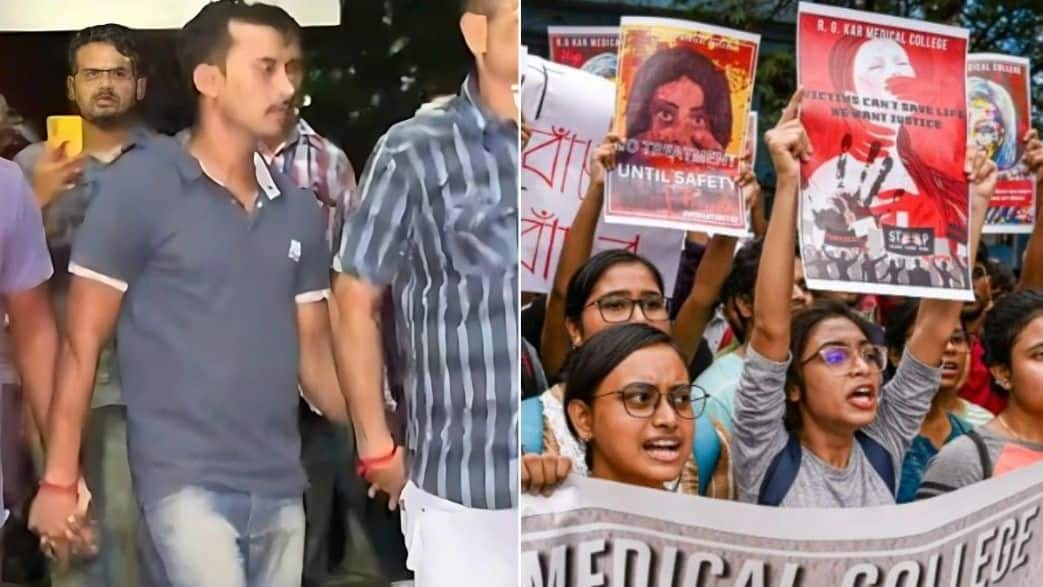
No narco test for RG Kar rape-murder accused; know why
What's the story
A Kolkata court has denied the Central Bureau of Investigation (CBI)'s request to conduct a narcoanalysis test on Sanjoy Roy, the main suspect in the rape and murder of a 31-year-old trainee doctor at RG Kar Medical College and Hospital.
The decision was made after Roy declined to give his consent for the test during a private hearing at Sealdah Court.
According to a 2010 Supreme Court ruling, such tests cannot be conducted without voluntary consent from the accused.
Investigation progress
CBI's investigative measures and Roy's arrest details
The CBI had requested permission from the court to conduct a narco test on Roy as part of their investigation.
The agency had previously conducted polygraph tests on him and others involved in the case.
"This is primarily to cross-check whether Roy is telling the truth," PTI quoted a CBI officer as saying.
Arrest details
Roy's arrest and subsequent legal proceedings
A narco test is a type of an investigative tool used to collect information from a subject by delivering a substance that causes a hypnotic or semi-conscious condition.
Typically, the drug used is sodium pentothal, often known as "truth serum."
This substance reduces the person's self-consciousness, allowing them to speak more freely and without hesitation, making it simpler for investigators to get accurate responses from them.
Evidence collection
CBI collects dental impressions, saliva samples from Roy
Roy was arrested on August 10, a day after the semi-naked body of the trainee doctor was found in the state-run RG Kar hospital.
The case was later transferred to the CBI on August 23 by order of the Calcutta High Court.
Last week, a Kolkata court denied a bail plea from Roy and extended his judicial custody until September 20.
On Thursday, the CBI collected dental impressions and saliva samples from Roy.
Investigation update
CBI's ongoing investigation and questioning of TMC legislator
These will be compared with bite marks found on the trainee doctor's body to determine his involvement in the crime.
This method of using dental impression as evidence was first employed in the Delhi gang-rape case of December 16, 2012.
The CBI is collaborating with the Central Forensic Science Laboratory (CFSL) for tracing and examination of evidence.